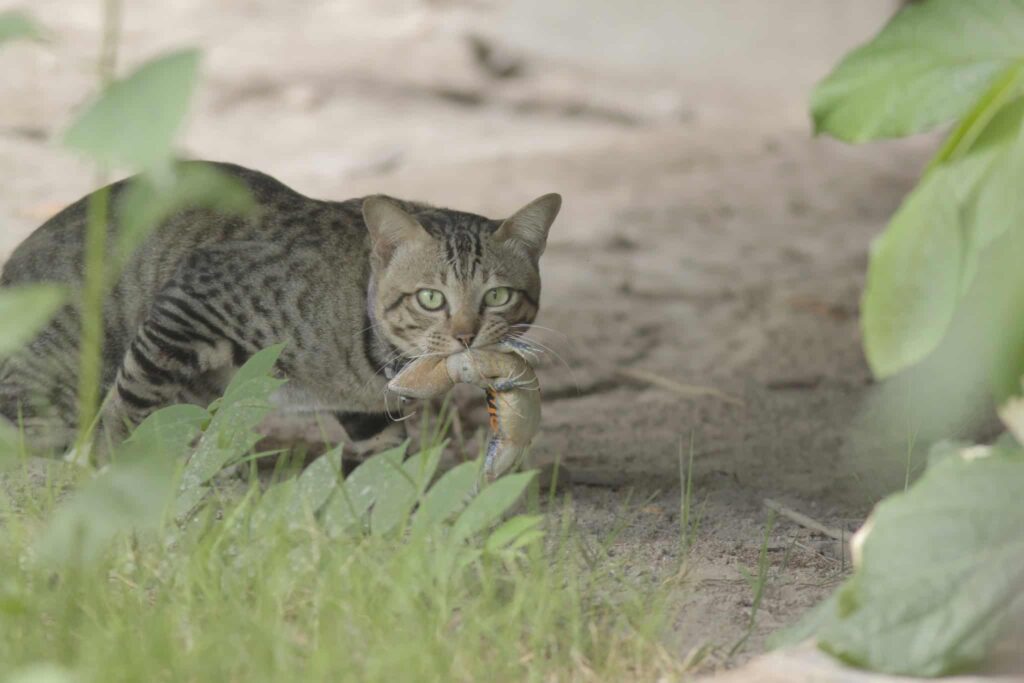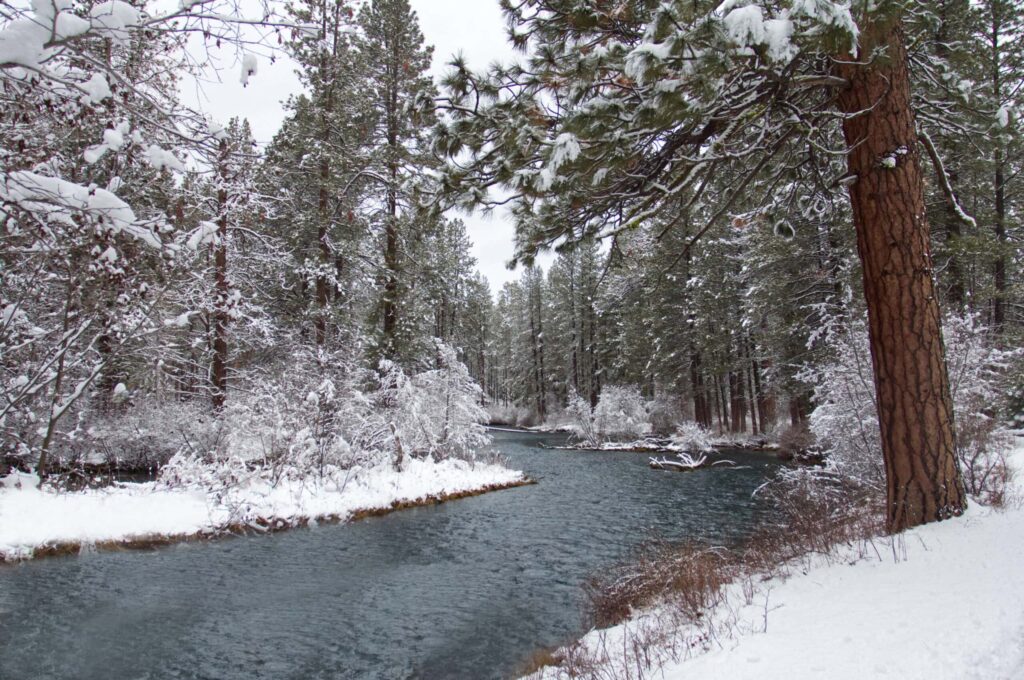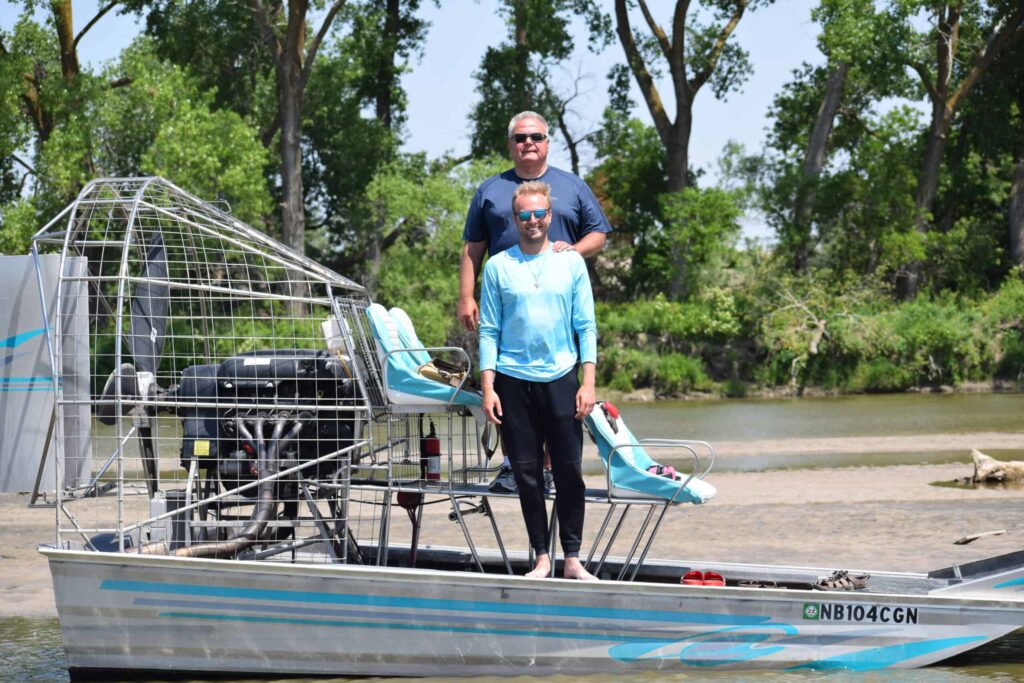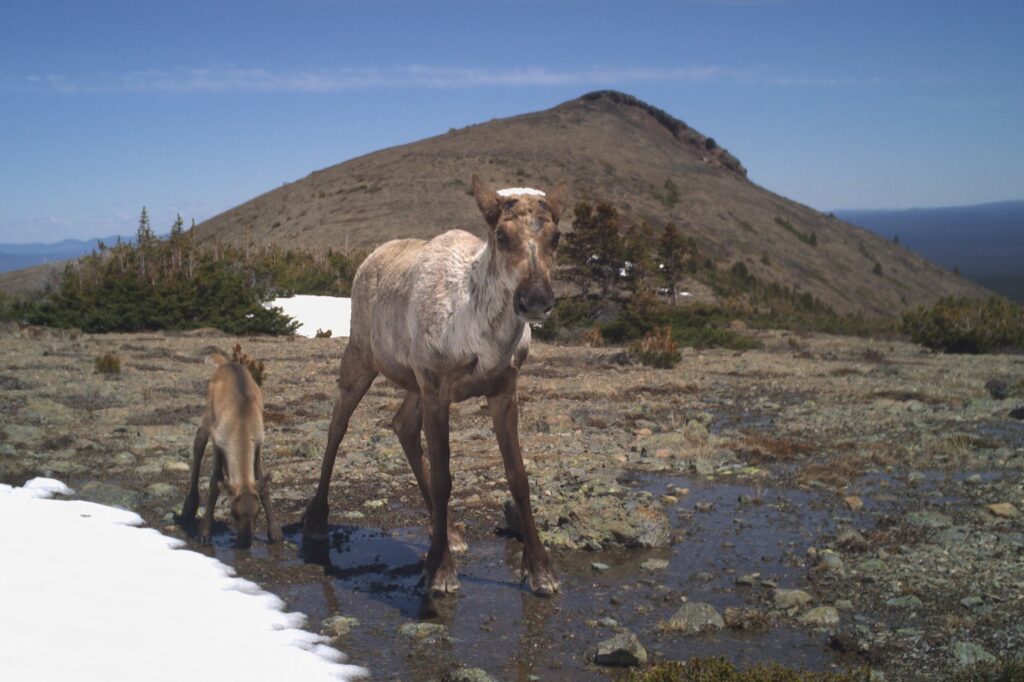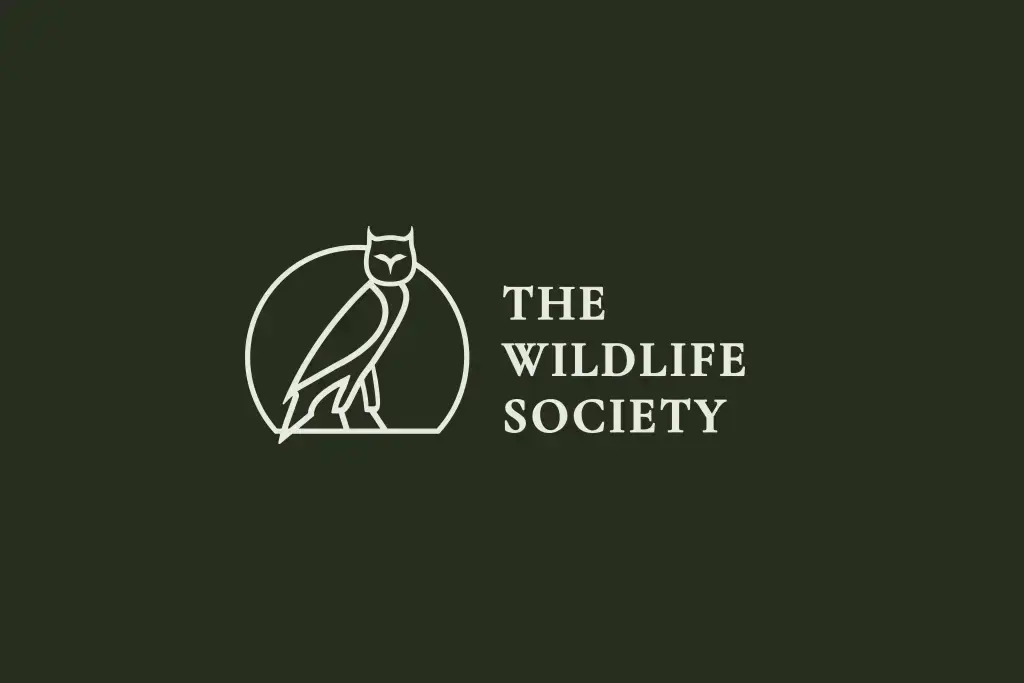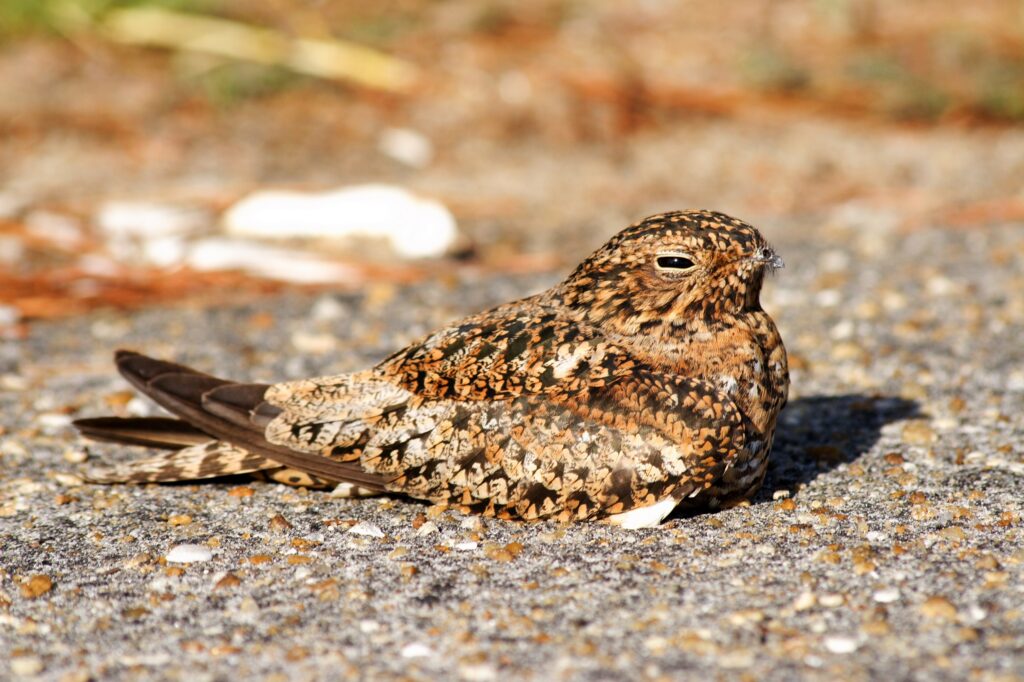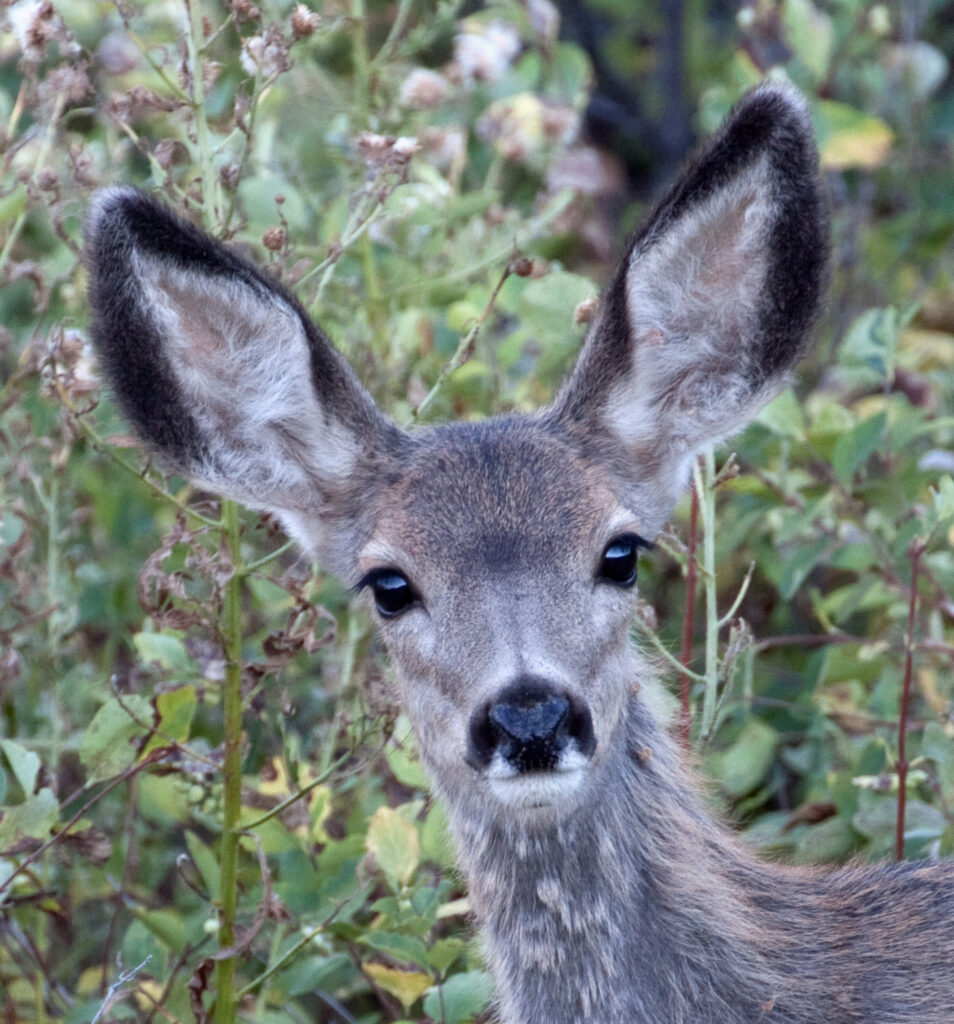Maggi Sliwinski, a PhD candidate at the University of Nebraska-Lincoln, has been studying how private landowners feel about habitat management. Her poster presentation of the findings won first place in the PhD category at The Wildlife Society’s 22nd Annual Conference this past October.
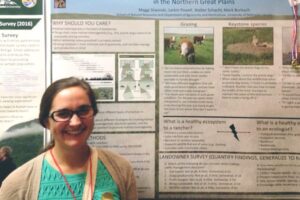
Sliwinski interviewed 11 ranchers and asked them about different strategies for management of habitats that wildlife need in the Great Plains. “I was trying to understand what private landowners think about habitat heterogeneity and landscape scale management,” Sliwinski said. “These are both prerequisites for biodiversity in the Great Plains — and everywhere.”
Sliwinski asked ranchers what they thought about grazing small parts of the land harder as well as why they exclude fire. “I was trying to think of strategies that would increase the amount of shortly grazed habitat and more rested habitat,” she said, adding that these habitat types are typically managed against when beef production is the main goal.
Sliwinski also discussed a “shifting mosaic” with the landowners, which refers to leaving certain areas grazed and ungrazed one year and shifting the areas in the subsequent years. This approach prevents soil degradation and helps allow for a diversity of habitats, even when beef production is the goal, she says.
Sliwinski transcribed the interviews for her analysis. So far, she has found that the ranchers she spoke with were cognizant of wildlife issues and generally supportive. “This means we have to work harder to find management strategies that are agreeable to landowners and talk to them more to develop these strategies. Our objective is to work together,” she said.
“A lot of ranchers said that people come in and ‘talk at us but don’t talk with us.’ There’s a big difference there. This is something we can improve upon as wildlife biologists.”
Sliwinski’s poster described her preliminary data. Since then, she has done a more detailed analysis and is currently sending out a survey to 3,000 ranchers in the Great Plains area in order to find out more about their opinions toward rangeland management.
Article by Dana Kobilinsky